The time for cold weather gear and warm fires is upon us in Cambridge. As Harvard classes soon pause for a break, we invite you to peruse the list of reading recommendations from our fellows and Graduate Student Associates. There is something for everyone in this list, and we hope that it inspires your own reading pursuits! We would also love to hear some of your recommendations. Tag us on Instagram or Twitter with #HarvardSouthAsiaReads. Enjoy the list!
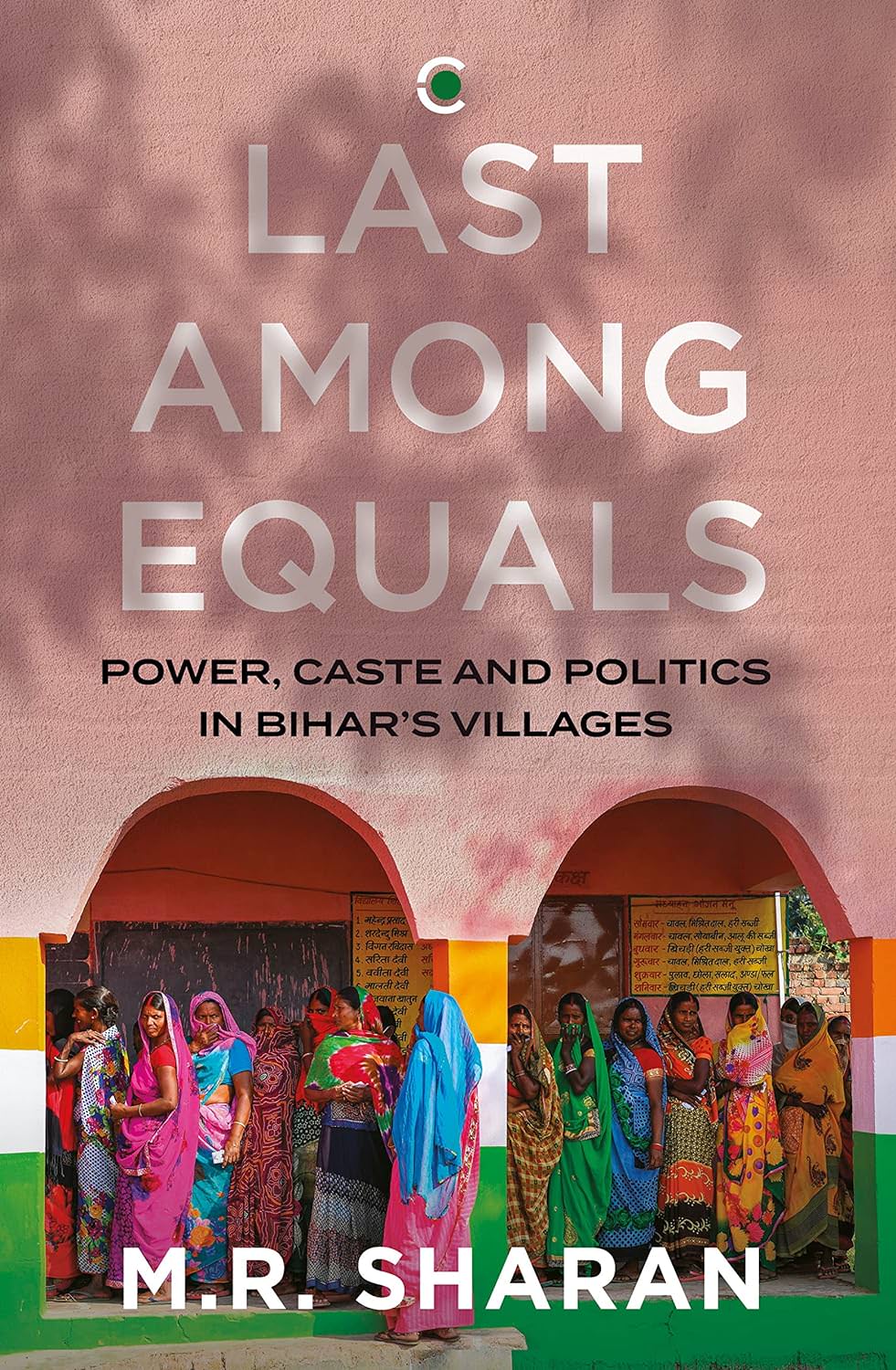
Kartik SrivastavaGraduate Student Associate; Harvard Kennedy School
“I would recommend Last Among Equals by M.R. Sharan. Sharan is a Harvard alum and an Assistant Professor at University of Maryland. This book weaves together insights from Sharan’s many years of field work in development economics, and the life experience of an extraordinary political activist, Sanjay Sahni. At its core, this book has all the features of a deeply researched non-fiction book, working through the many complex layers of caste, service delivery, rural labor markets, and local electoral politics. But it doesn’t stop there. Sharan’s writing is vivid and intentionally descriptive. There are scenes from this book that will stay with you for a long time, which is not something I typically associate with academic-adjacent books.”
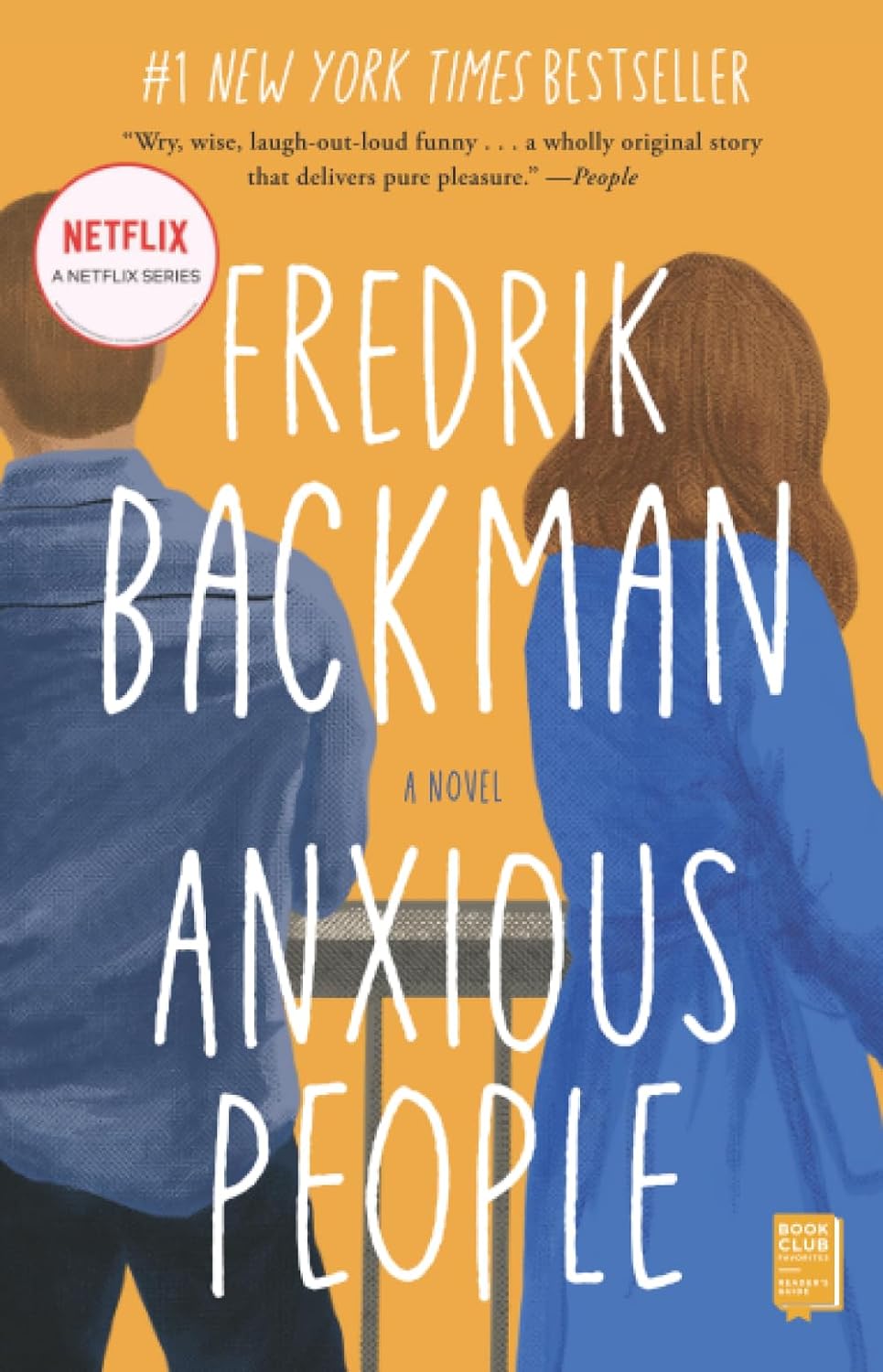
Ronak Jain
Graduate Student Associate; Department of Economics
“I’m currently reading Anxious People by Fredrik Backman. I find it a captivating and insightful novel that explores the complexities of human connection. The author weaves a brilliant narrative around a group of seemingly unrelated individuals brought together by a failed bank robbery turned hostage situation. The crisp writing, observations, and humor, along with a poignant description of the struggles of the characters have made me pause and reflect in many instances. Very much recommend it for a quick, thought-provoking read!”
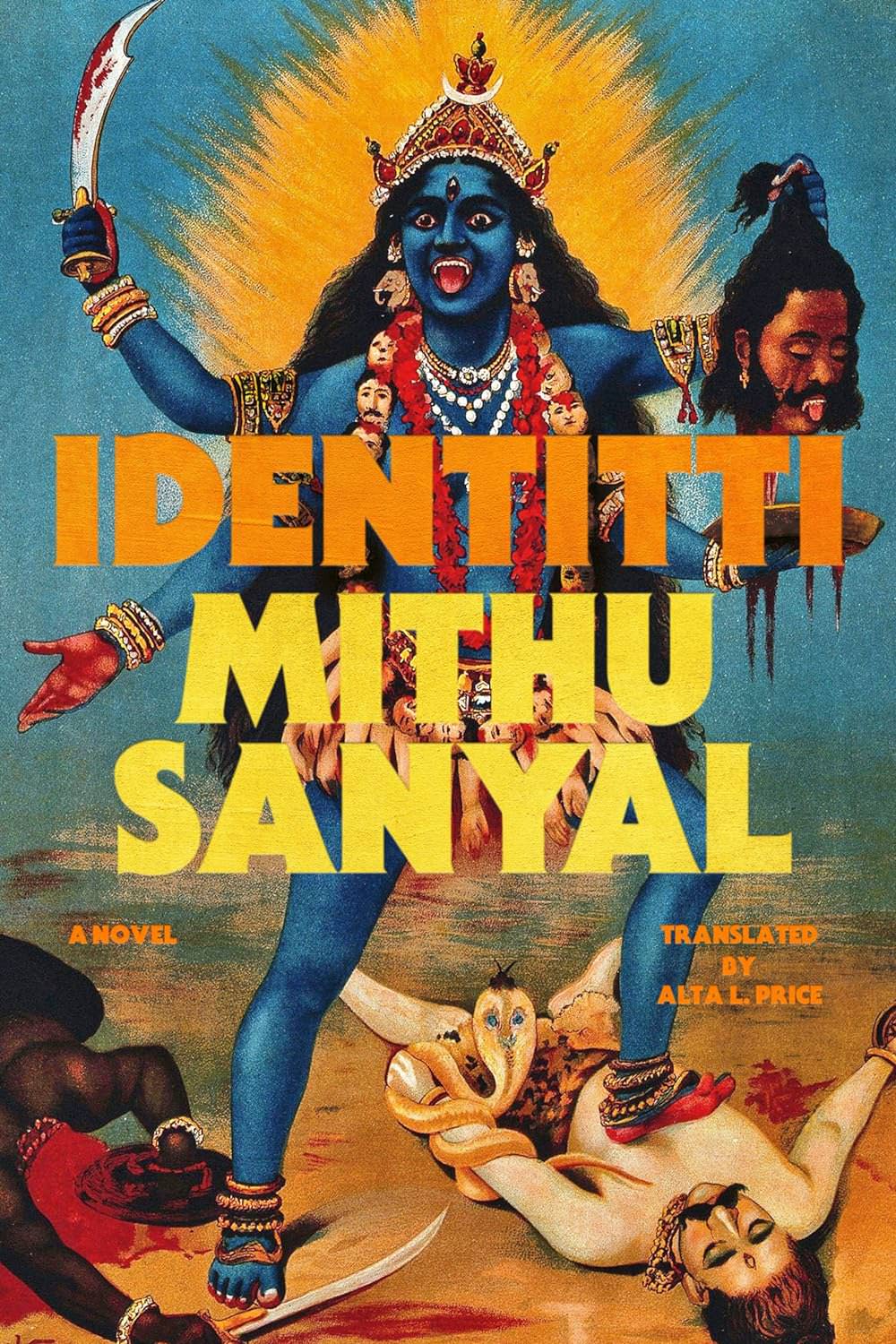
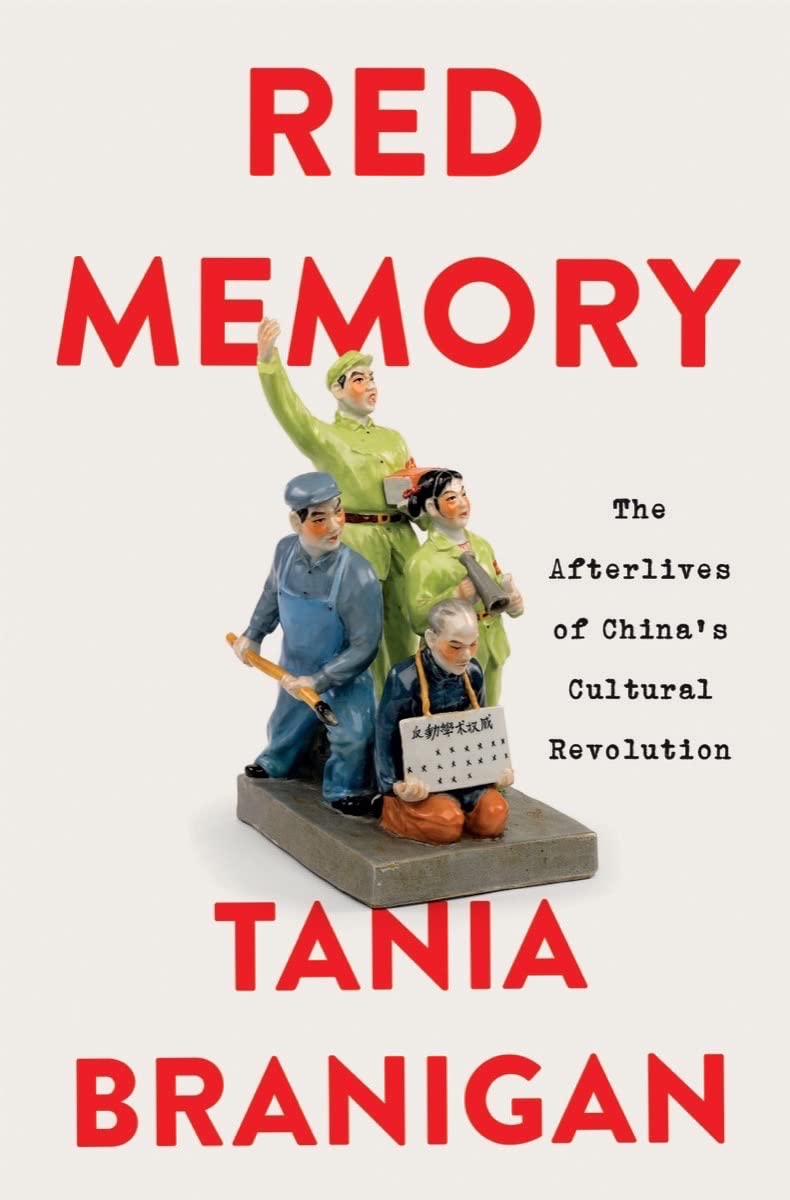
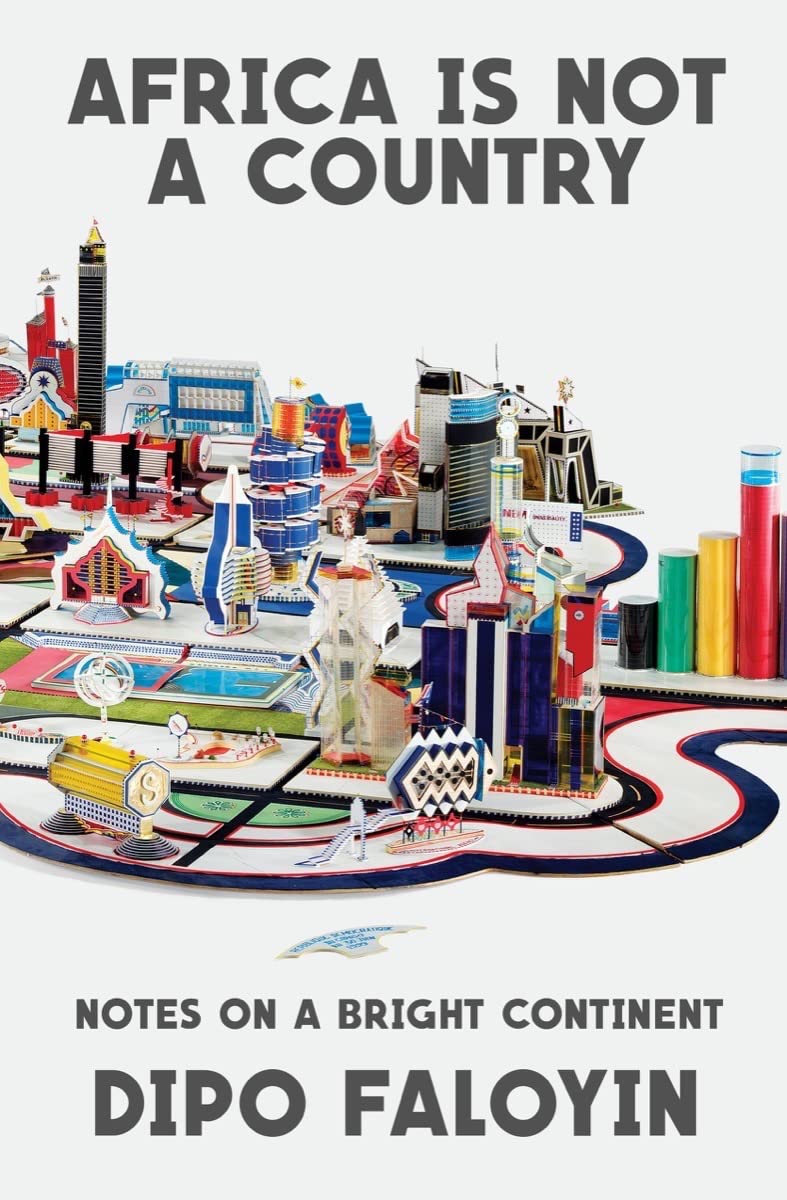
Vaishnavi Patil
Graduate Student Associate; Department of History of Art & Architecture
“I would recommend the following:
Identitti by Mithu Sanyal – I was drawn to this book by its cover, featuring the formidable Goddess Kali in her wrathful avatar. Little did I know that I was about to embark on a rollercoaster ride—a profound exploration of contemporary debates surrounding identity politics and the transformative potency of asserting one’s voice.
Red Memory: The Afterlives of China’s Cultural Revolution by Tania Branigan – I often brag that this book was recommended to me by Margaret Atwood (she shared her appreciation for this book in her talk at Harvard back in March 2023!). While it is undeniably a challenging read due to the horrifying nature of the stories, it is a significant book for the world we are living in today.
Africa is not a Country: Notes on a Bright Continent by Dipo Faloyin – Though I’ve only just begun this book, I’m already enchanted by the author’s skill in using witty, hilarious, and vibrant stories to vividly portray Africa’s abundant diversity, thriving communities, and intricate histories.”
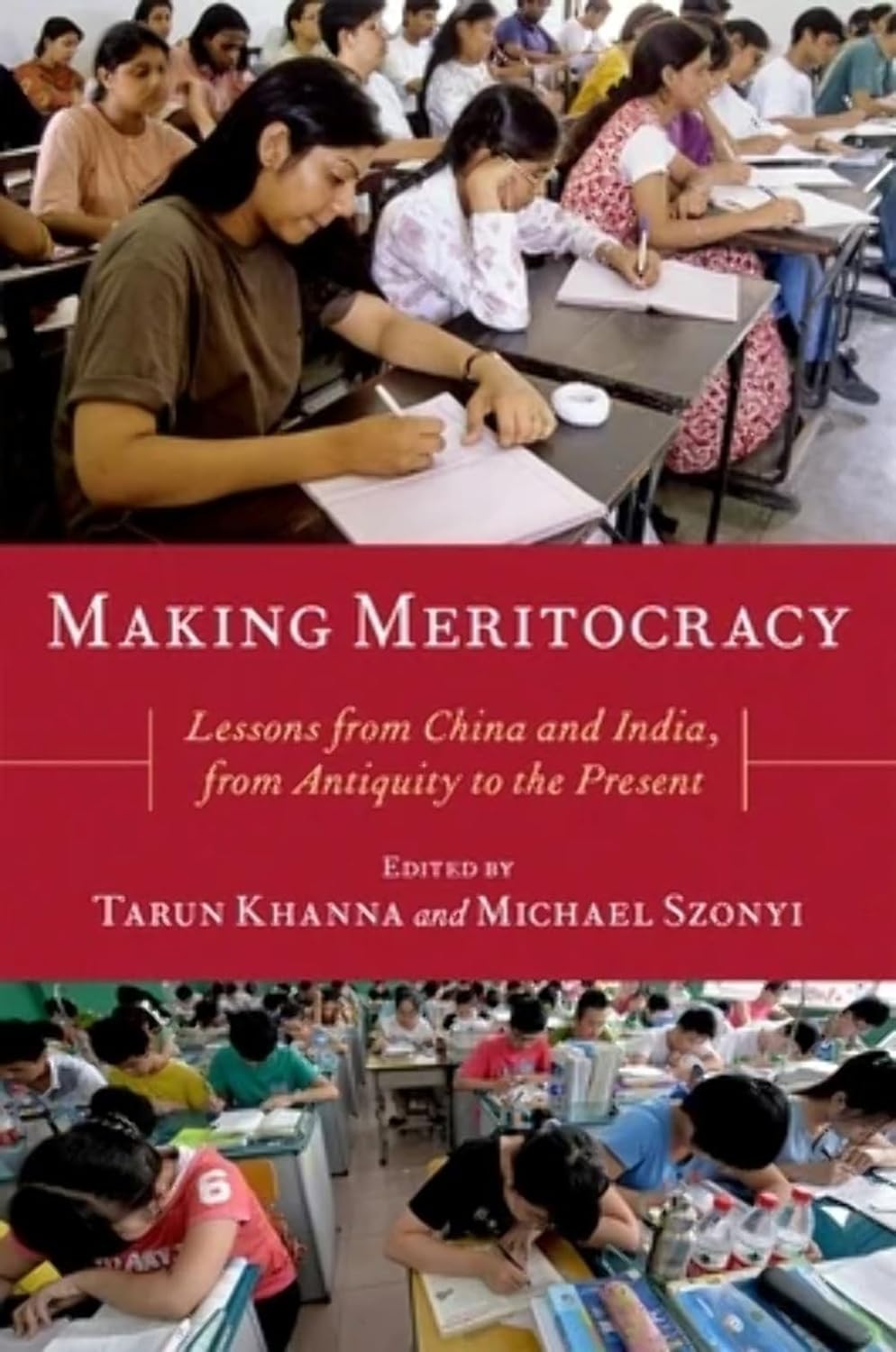
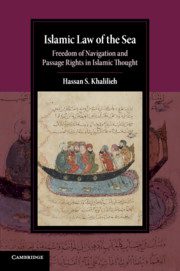
Hansong Li
Graduate Student Associate; Department of Government
“I would recommend Making Meritocracy Lessons from China and India, from Antiquity to the Present (Edited by Tarun Khanna and Michael Szonyi). The book supplies collaborative and connective sources of wisdom to our discourse on meritocracy & its discontents in the Western-hemispheric context of rising socioeconomic inequality, stagnating development, and political polarisation. Thus, this team project led by an Indian and an American scholar of China deserves to be read alongside recent works either for (Wooldridge) or against (Markovits, Littler, Sandel) meritocracy.
I would also recommend Islamic Law of the Sea: Freedom of Navigation and Passage Rights in Islamic Thought (Book by Hassan Salih Khalilieh). Much remains to be done, both to contextualise extracted, abstracted concepts such as ‘free navigation’ across contexts, and to connect maritime political, economic, and legal thoughts between traditions. The idea that there is a set of doctrines which legitimates standard practice on the high seas since time immemorial, or even out of the confines of time and space, deserves to be contested even within the Ciceronian & Grotian tradition, not to mention between and beyond the fluid bounds of philological and philosophical traditions.”
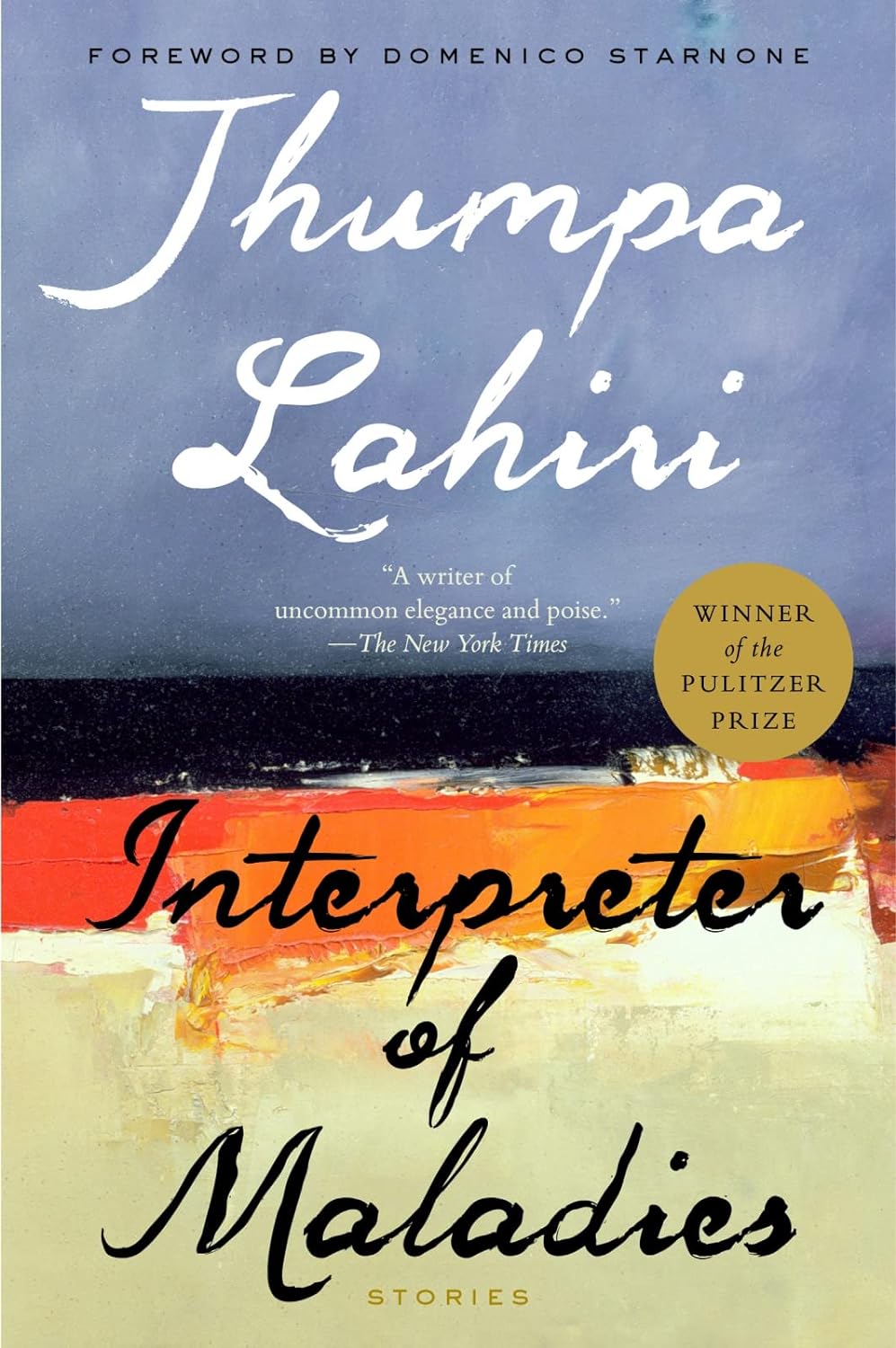
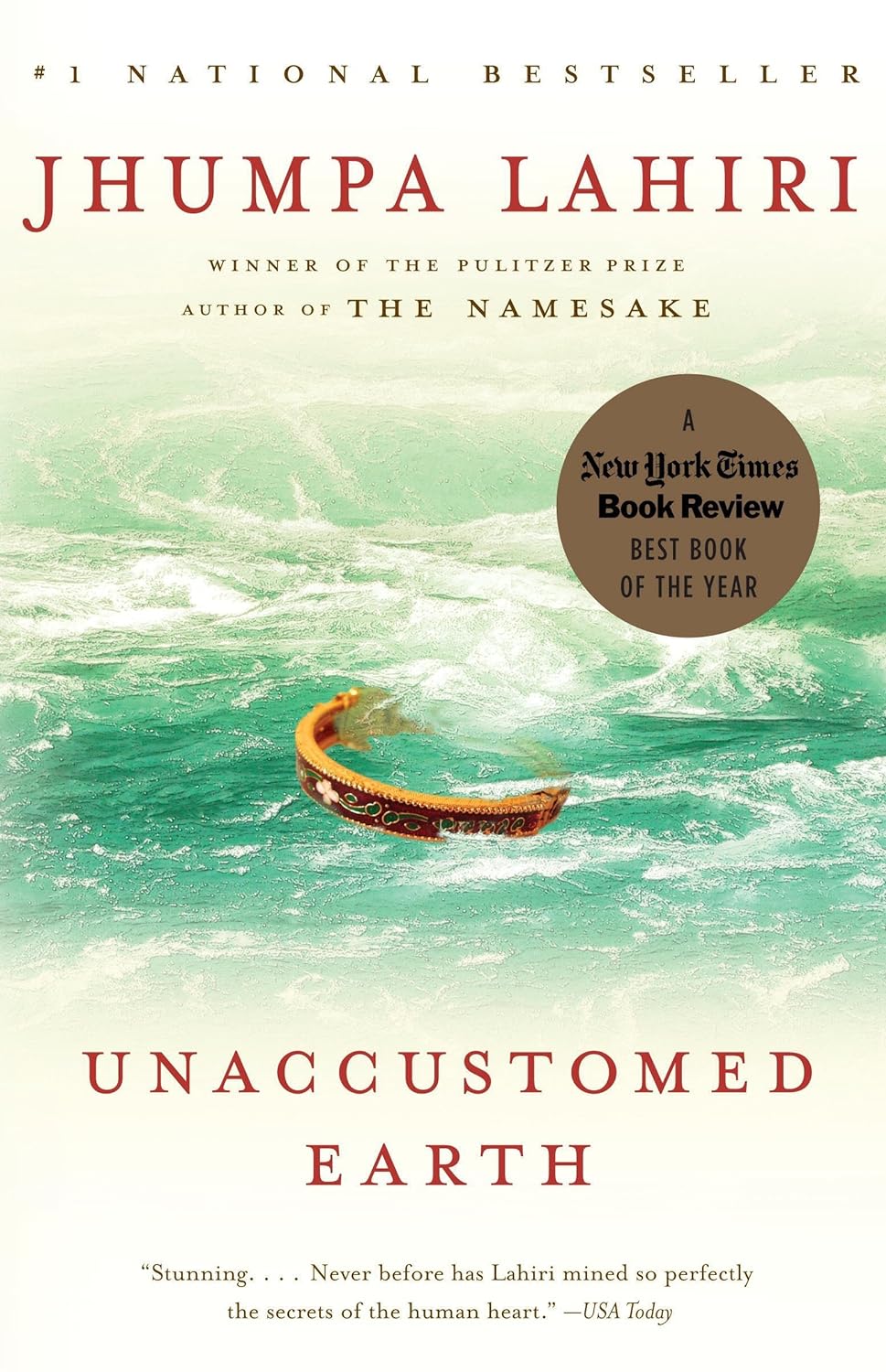
Priya Sarma
Graduate Student Associate; Harvard Chan School of Public Health
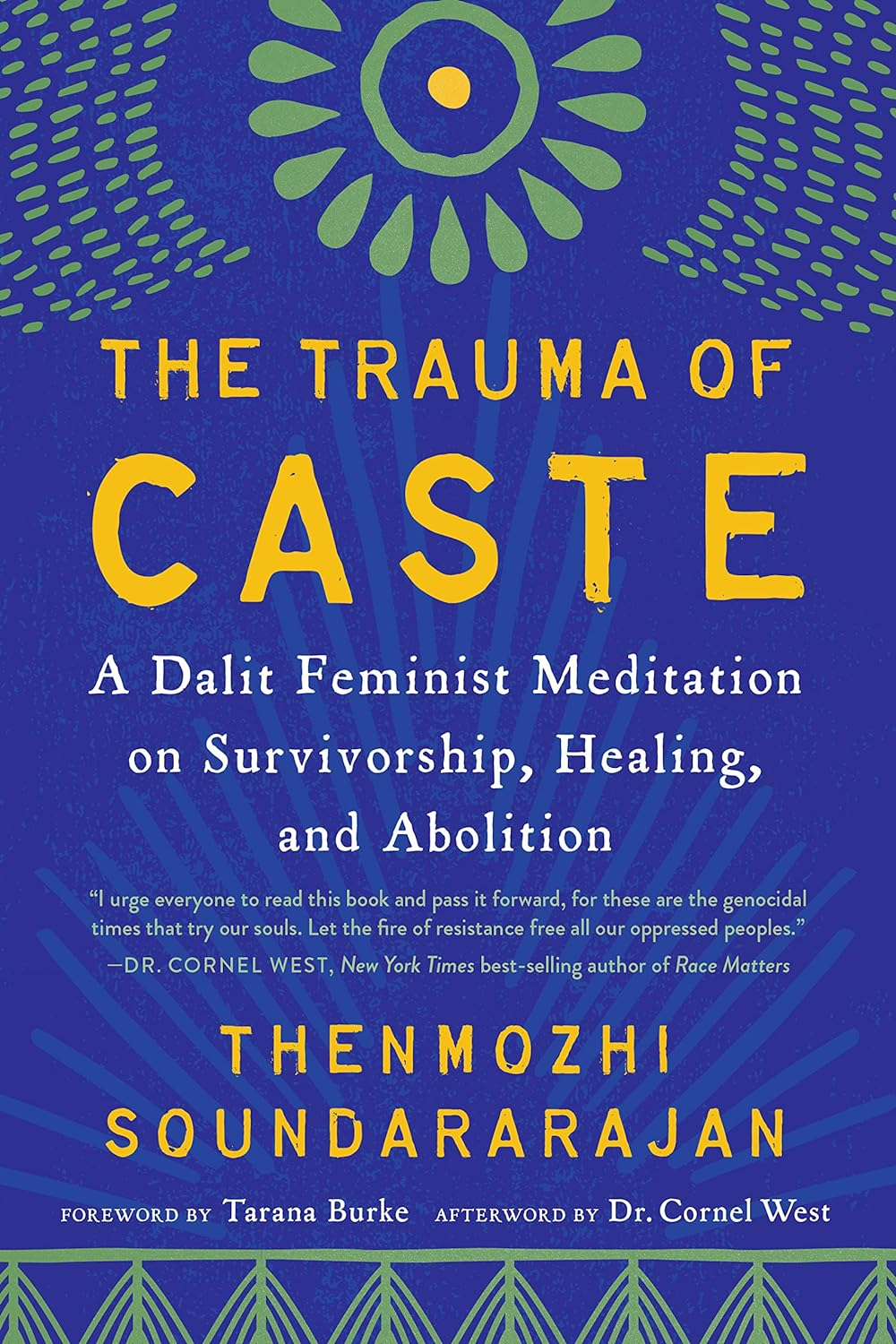
“The two books I would recommend are Interpreter of Maladies or Unaccustomed Earth by Jhumpa Lahiri. Another book is the Trauma of Caste, but it might not be a ‘light read’.”
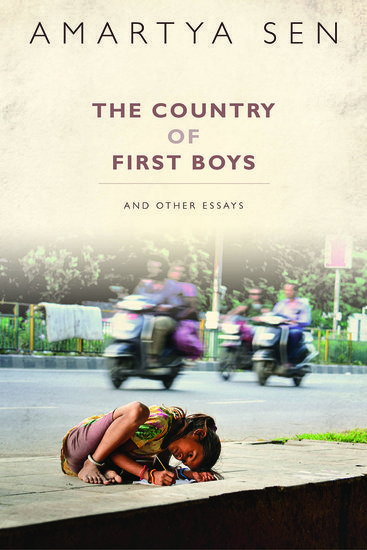
Pradeep Choudhury
LMSAI Bajaj Fellow
“I would recommend this book, which I am reading now: The Country of First Boys and Other Essays by Amartya Sen.”
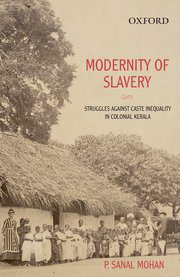
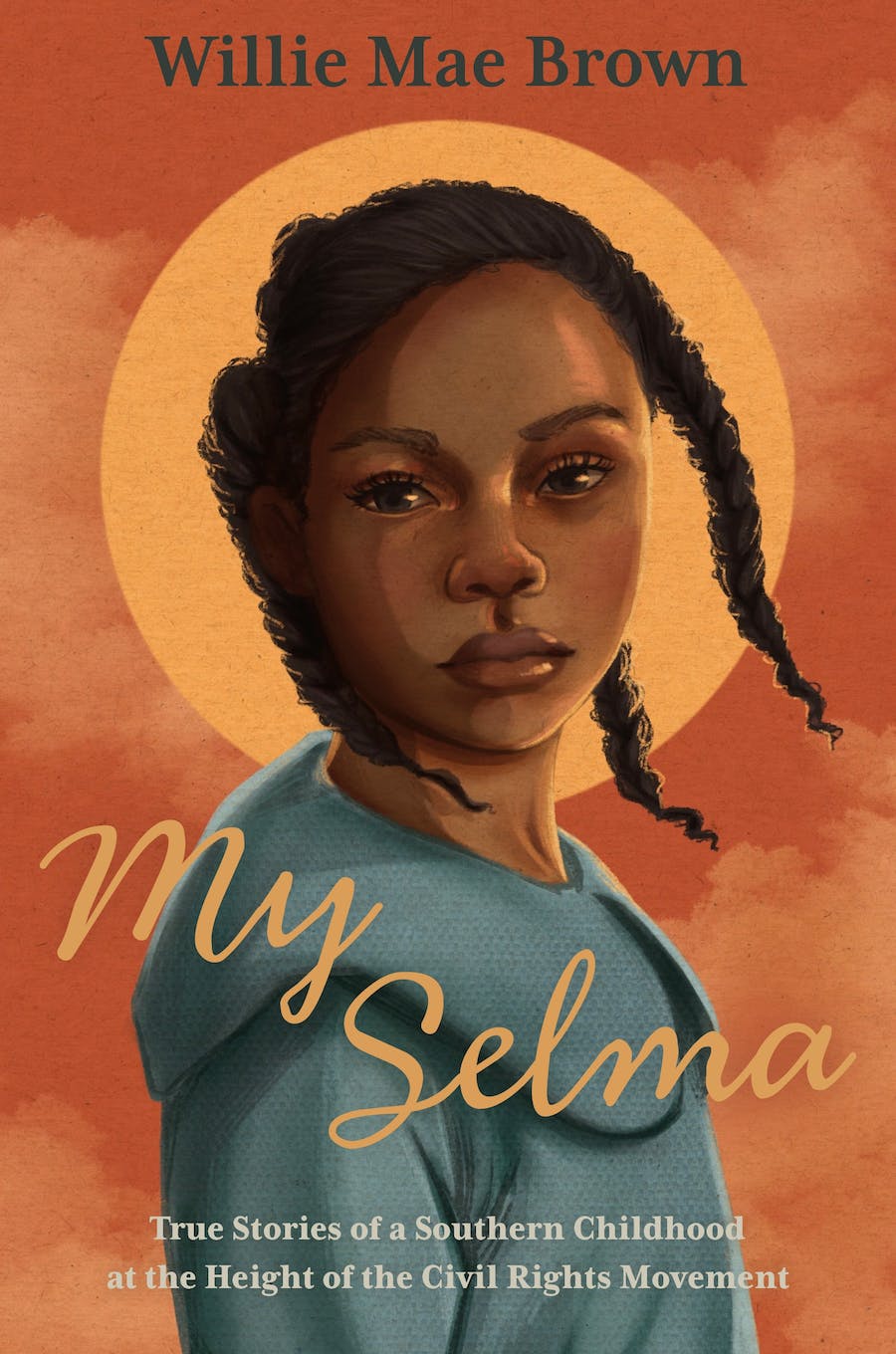
Anu Antony
LMSAI Ragunathan Family Fellow
“I would recommend Modernity of Slavery: Struggles against Caste Inequality in Colonial Kerala by P. Sanal Mohan and My Selma: True Stories of a Southern Childhood at the Height of the Civil Rights Movement by Willie Mae Brown.”
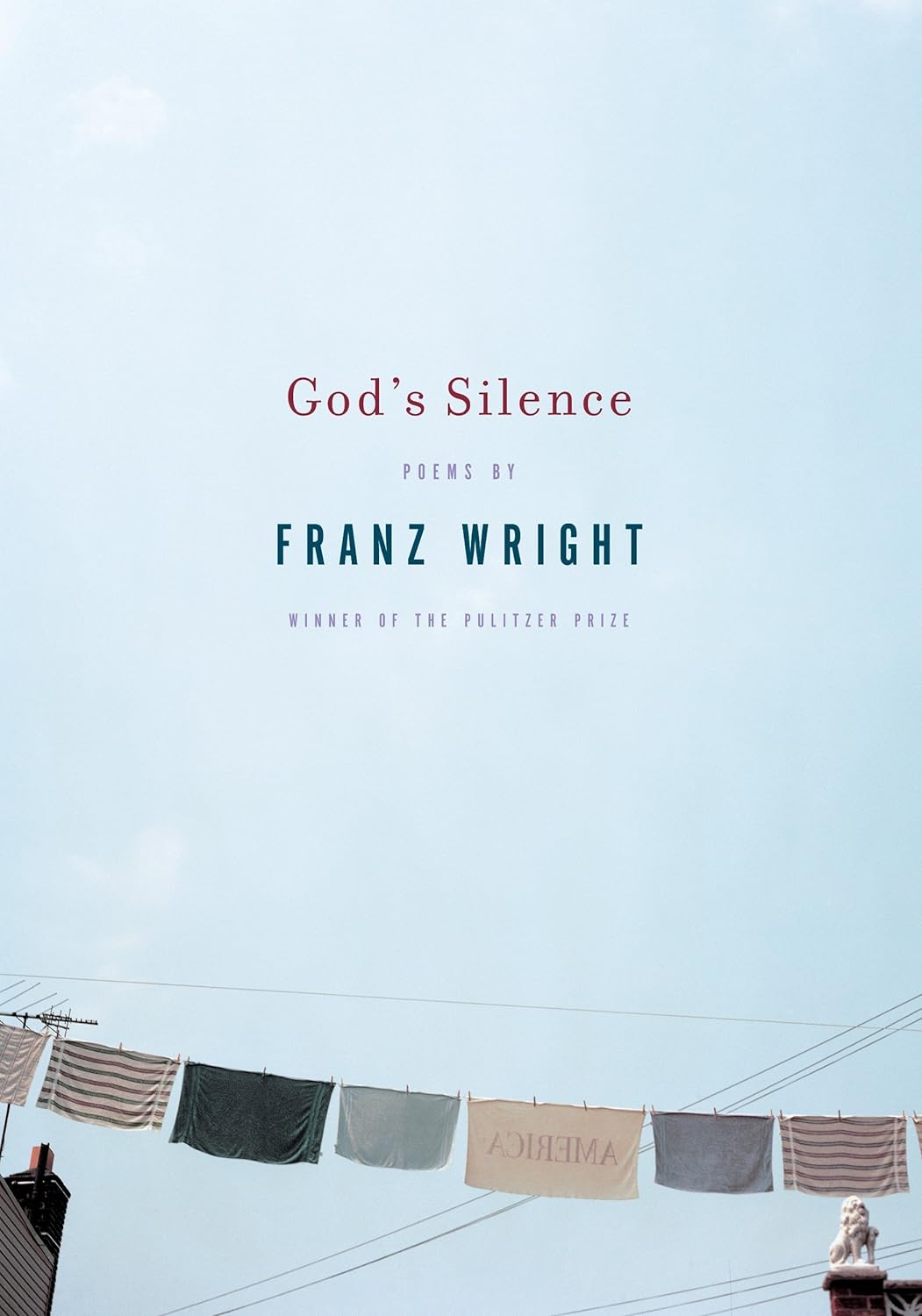
Akhil Thomas
Graduate Student Associate; Committee on the Study of Religions
“I would recommend God’s Silence (2008) by Franz Wright. This book of poems fell into my hands when I was idly browsing, as one does, the stack of used poetry books in the lower level of the Harvard Book Store. I had not heard of Franz Wright, but the name looked familiar. I learnt that Franz and his father, James Wright are the only parent- child pair to both win the Pulitzer Prize. Beware, God’s Silence is devastating; ‘proved faithless, still I wait.’ I cannot recommend highly enough the podcast Two years with Franz by the artist Bianca Giaever who follows the poet for two years and shows you another glimpse into his madness.”
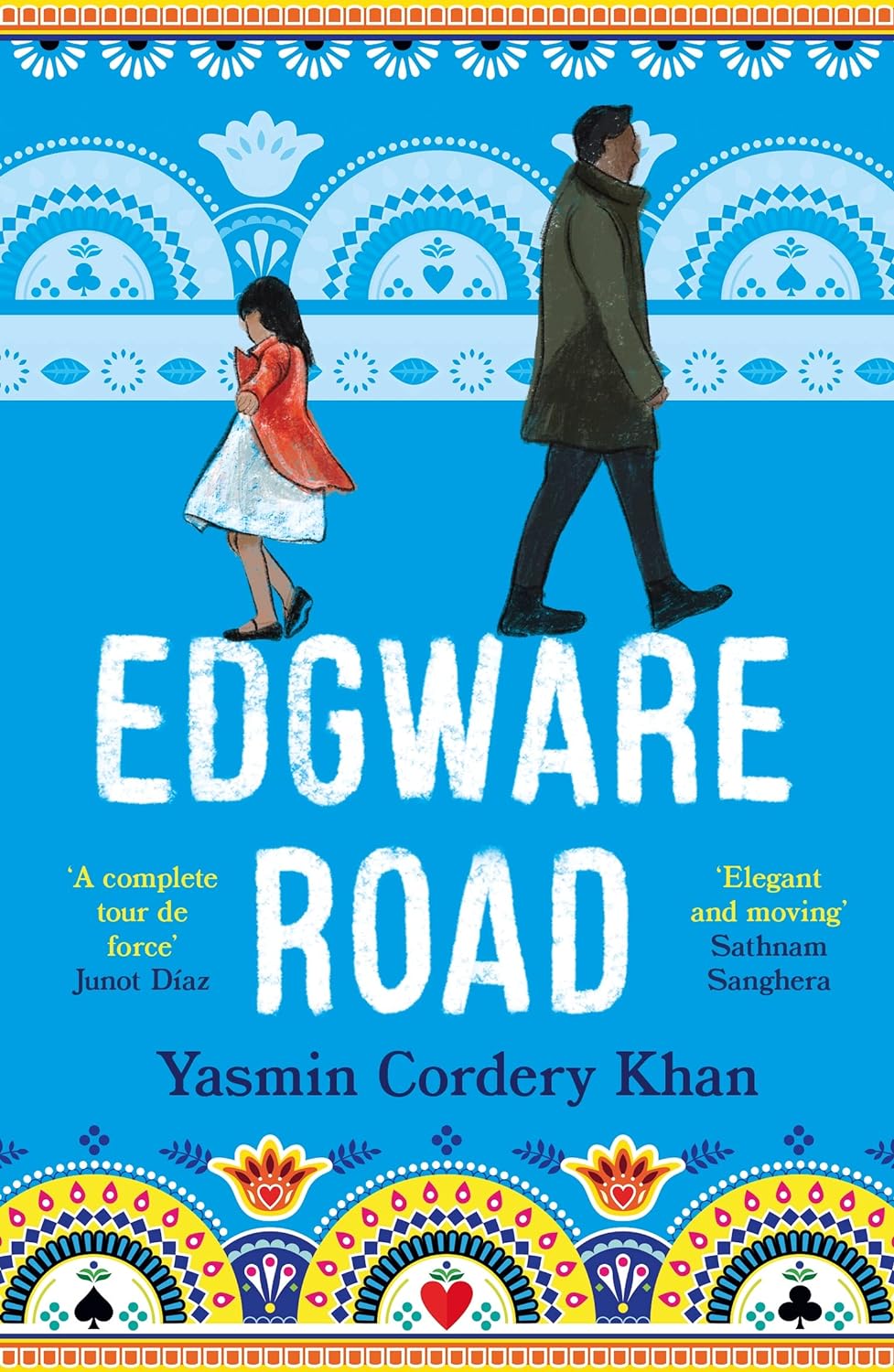
Ian Talbot
LMSAI Associate; Emeritus Professor in the History of Modern South Asia,
Professor in History and Director of the Centre for Imperial and Post-Colonial Studies,
University of Southampton
“I recommend Edgeware Road by Yasmin Cordery Khan. Yasmin Khan has written several acclaimed history monographs, including most notably, The Great Partition: the Making of India and Pakistan. Writing as Yasmin Cordery Khan, Edgware Road is her first novel. It is an impressive debut, matching a historian’s attention to detail with respect to evoking a sense of place, with adept characterization, and both compelling and elegant plotlines. These repeatedly shift back and forth from the dual timelines of the 1980s and the early 2000s, in following the lives and personal development of the key figures, Khalid, his wife Suzie, daughter Alia and long-term friends Imran and Hasina. Other key figures emerge, such as the MP Mark Denby and the hustler Sammy Wadia, as Khalid in one gamble too many, becomes increasingly entangled in the affairs of the Bank of Commerce and Credit International.
The reader is also transported from London, to Oxford, Karachi and finally Goa as Alia attempts to discover the truth surrounding her father’s death after her parent’s divorce. London nightlife, the post-doctoral Oxford precariat experience along the Cowley Road and the Palace of Westminster are all realistically portrayed. Khalid’s elite Karachi family which Alia visits to get to the bottom of things is also perfectly described. The dénouement in a Portsmouth industrial park at a time when the port had little container traffic less so.
It should be clear from even this brief synopsis that Yasmin Khan has written a complex and multi-layered novel that is part family history and part detective thriller in which fictional characters appear alongside the events of the rise and fall of BCCI, the backdrop of the Iran-Iraq conflict and such real life figures as Adnan Khashoggi. The novel is certainly not intended as a historical source. Nonetheless, it provides a gritty insight into a particular UK Pakistani migrant experience. Any student of South Asia will find much which is both familiar and authentic, while also enjoying a work of fiction that is a page-turner.”
